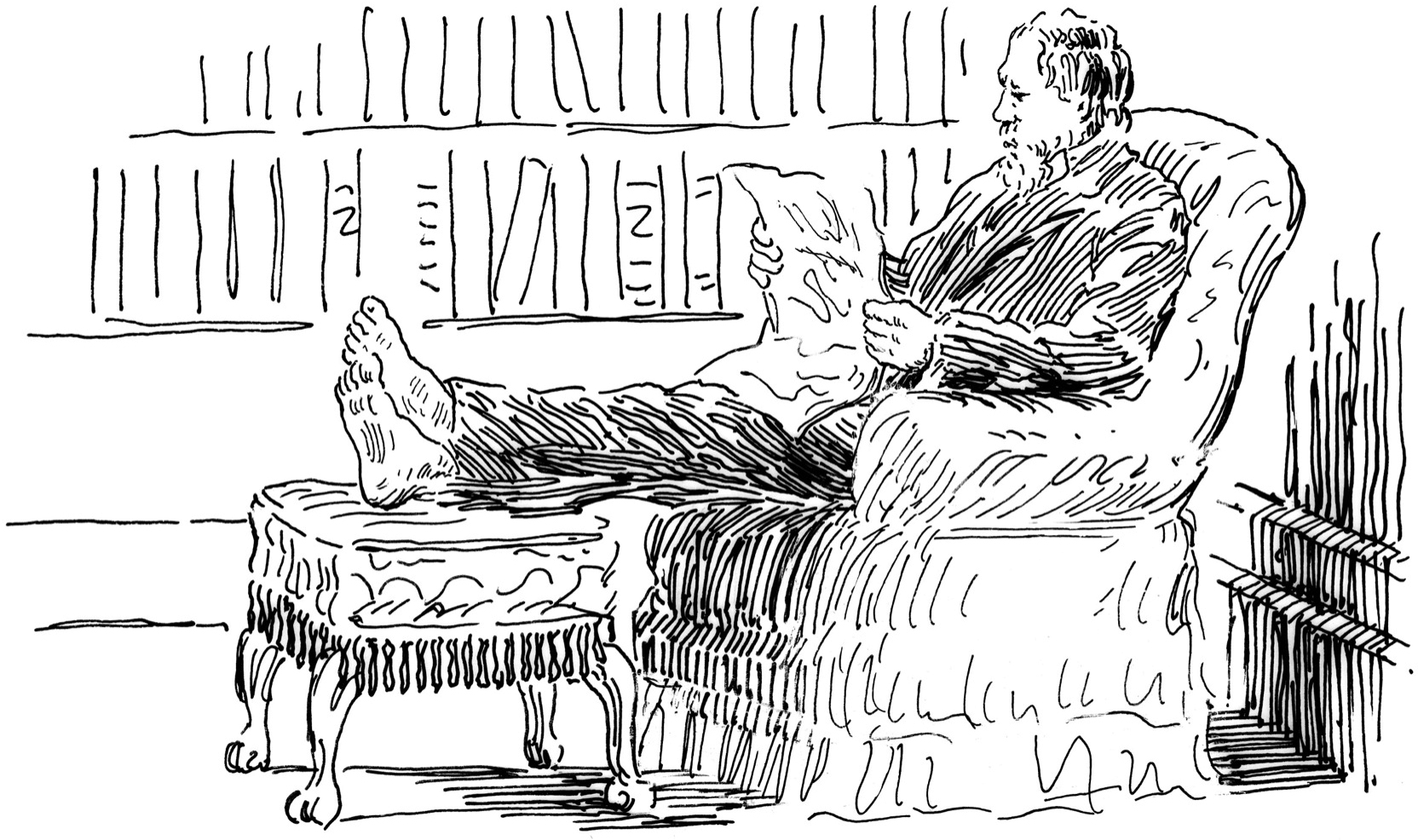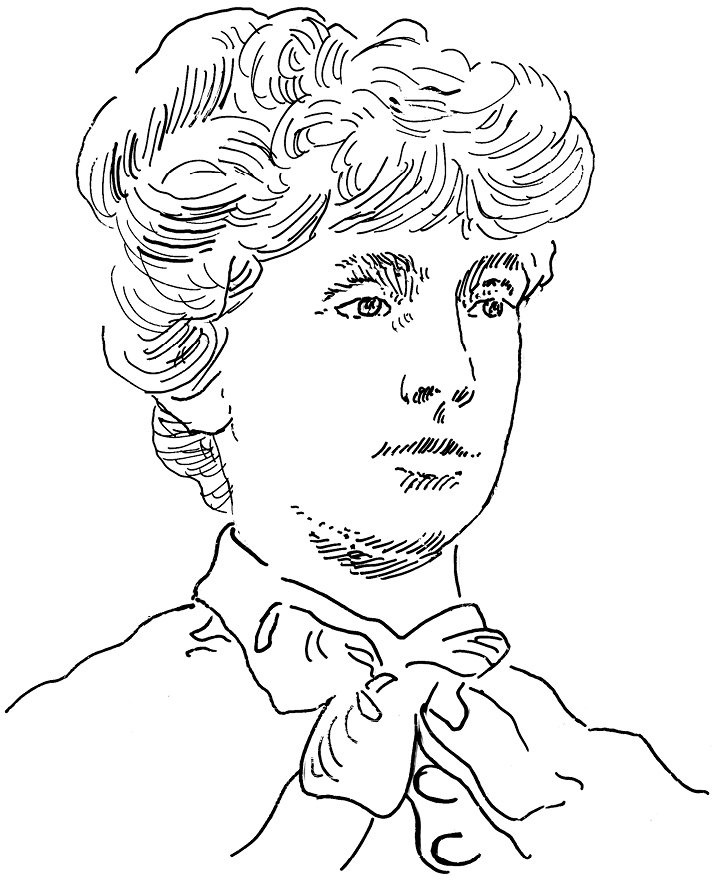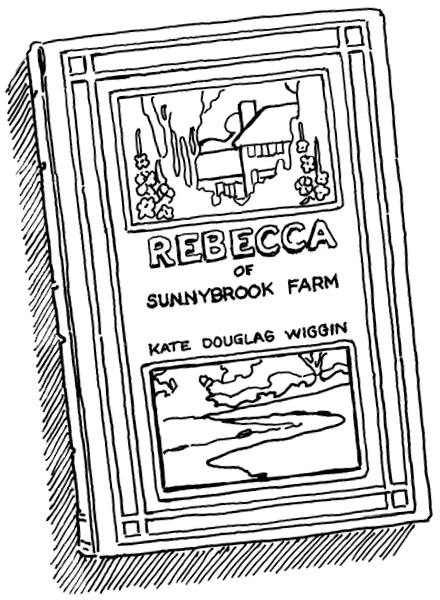Chapter 8
New Journeys
In the neighborhood of Gad’s Hill there was a cemetery. One family had thirteen gravestones marking thirteen children who had died. It gave Charles an idea for a story called Great Expectations. It would be published in All the Year Round after A Tale of Two Cities. The story begins in a graveyard. A poor young orphan, Pip, runs into an escaped convict there. Years later, Pip is given the chance to become a gentleman and join polite society.
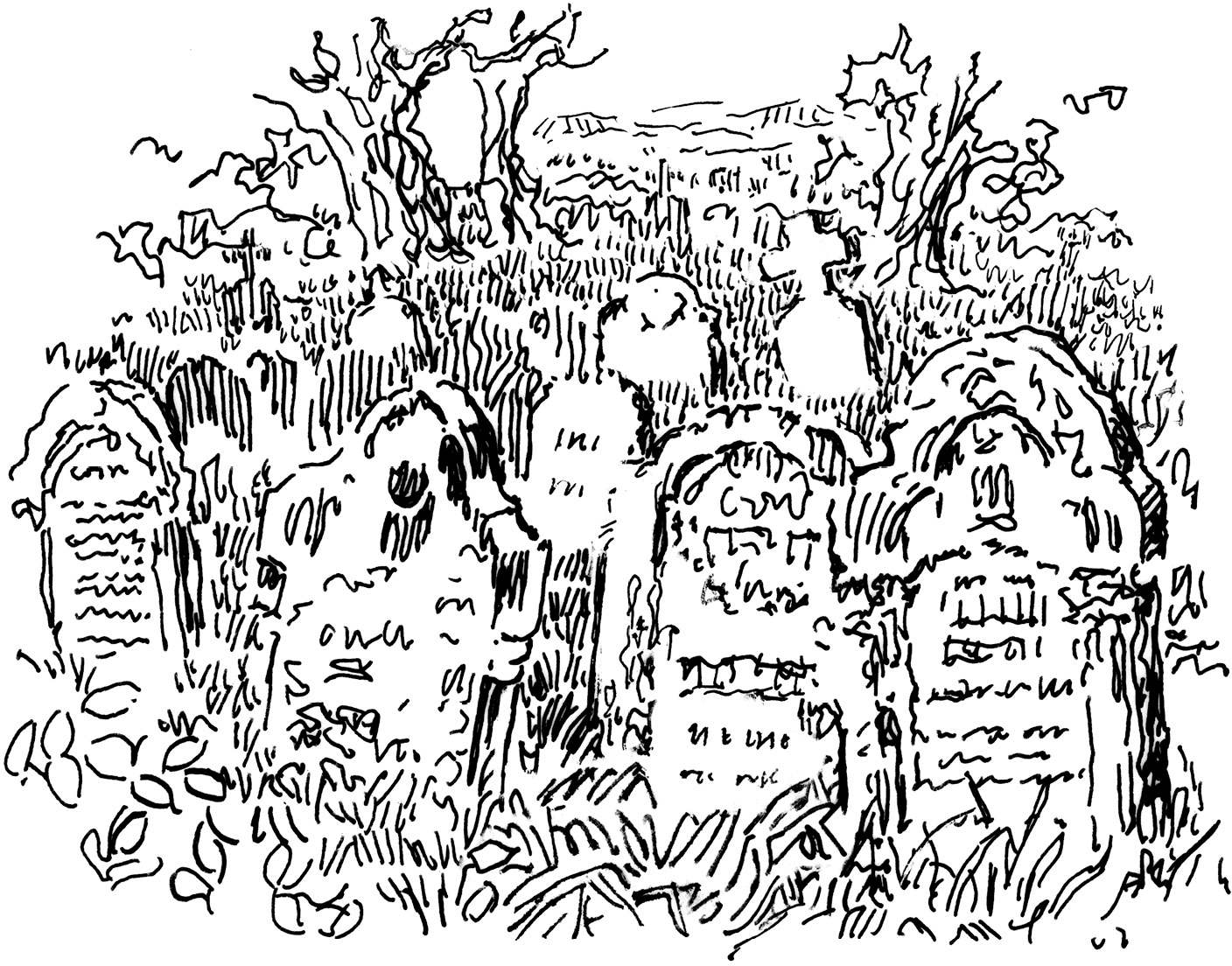
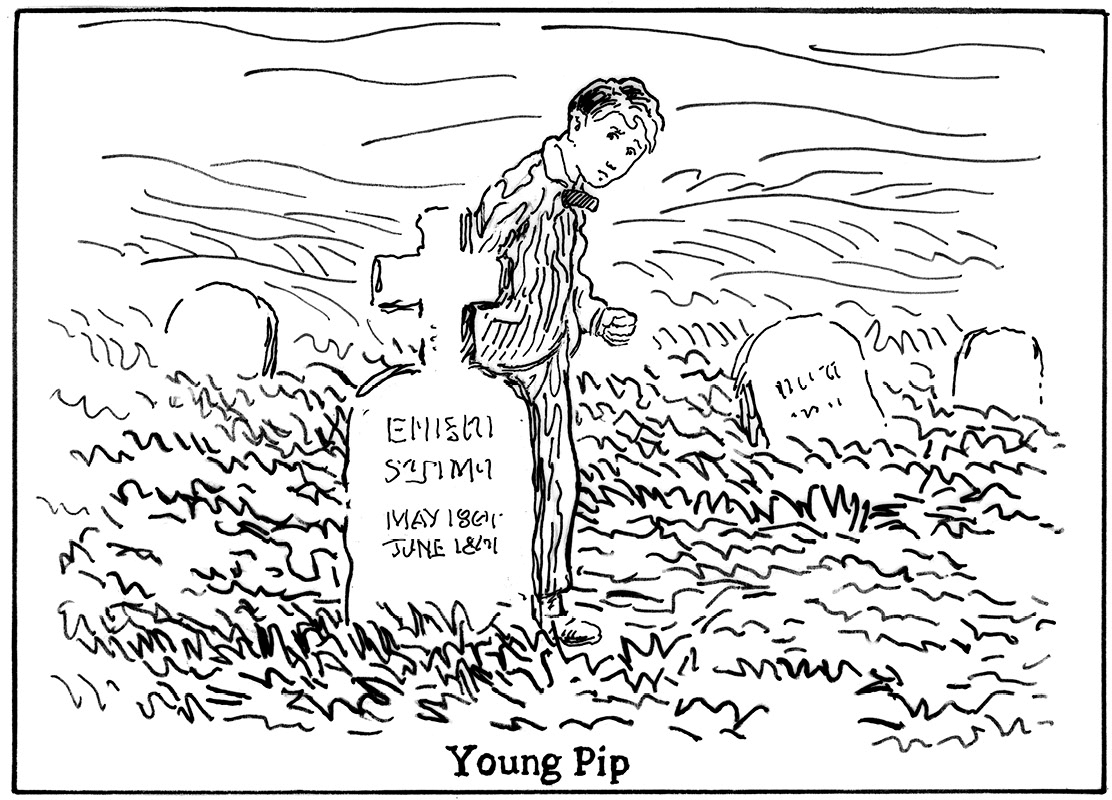
After Great Expectations, Charles went on more reading tours. With so many broken relationships in his life, he took great comfort from audiences who loved him for his work. In September 1863, his mother died, but Charles didn’t feel the kind of forgiveness for her that he’d felt for his father. He always remembered that it was his mother who wanted him to return to his job at Warren’s. Two months later, in December 1863, Charles’s son Walter died in India.
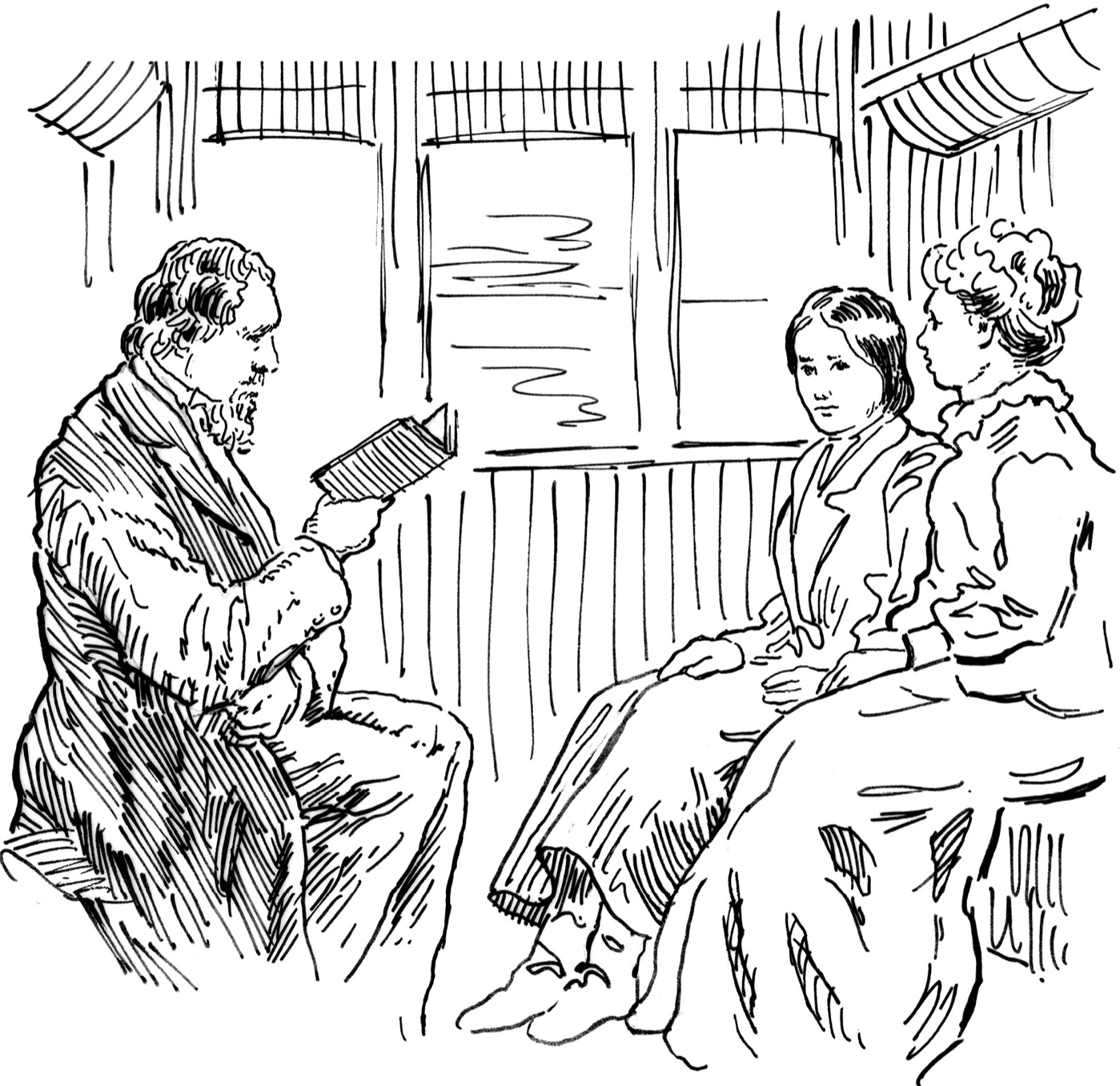
In June 1865, Charles, Nelly, and Nelly’s mother were on a train to London. While crossing a bridge in Kent, the train jumped the tracks. It broke in two parts. Charles and the Ternans were thrown into one corner of a train car that hung halfway off the bridge. Charles later described the scene to a friend: “No imagination can conceive the ruin of the carriages, or the extraordinary weights under which the people were lying, or the complications into which they were twisted up among iron and wood, and mud and water.”
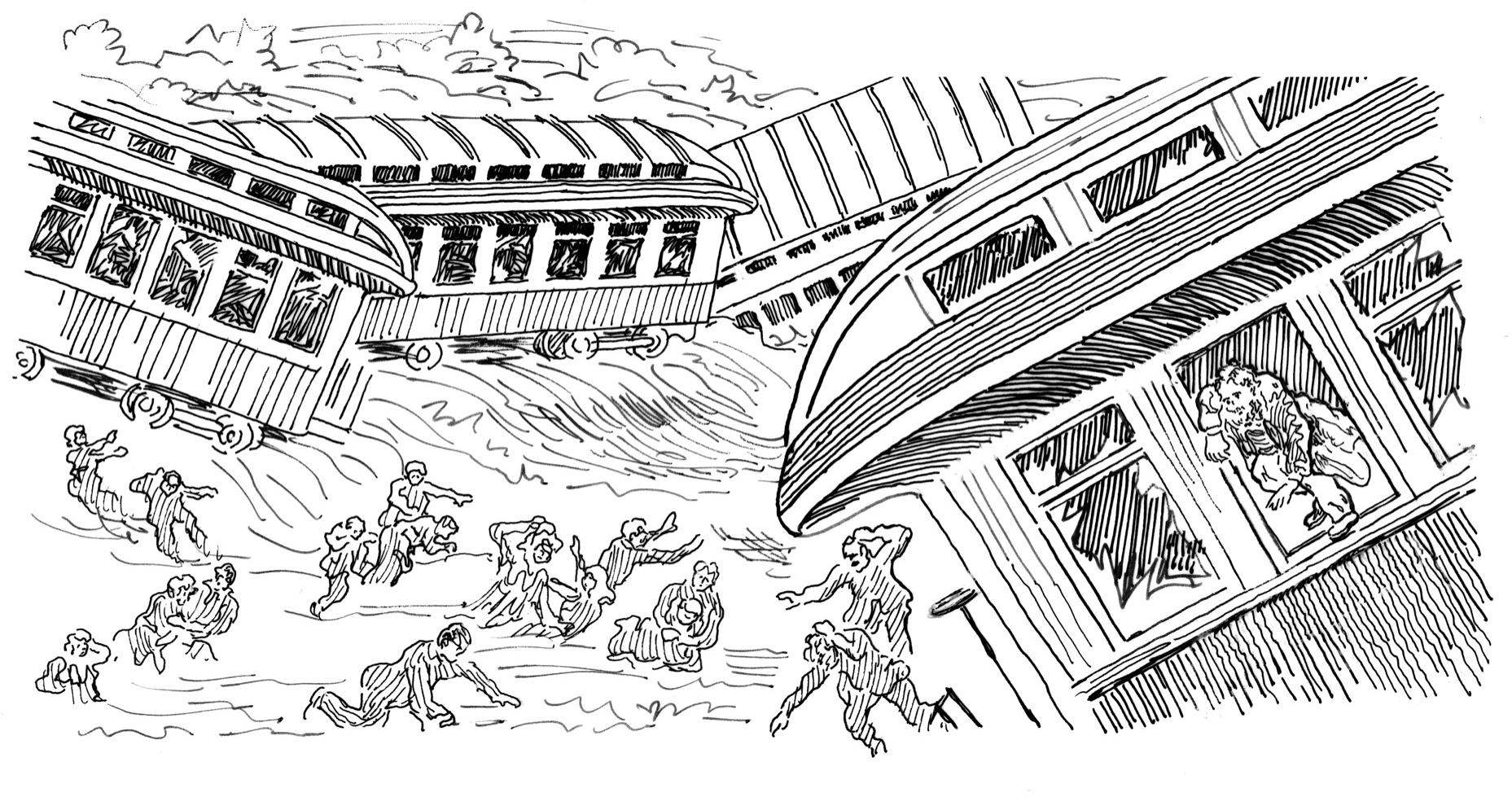
Charles climbed out through the window and got the Ternans to a waiting ambulance train. He went back to help others trapped in the wreckage. He sat with the injured and the dying. Then he climbed back into his own carriage to retrieve the book he had been working on: Our Mutual Friend.
The following year, Charles planned a special tour to the United States.
Charles’s second visit to America in 1867 was better than his first visit back in 1842. Crowds loved his readings. He saw old friends. Instead of facing questions about his book sales, he was performing for fans who welcomed him and cheered for his characters.
Charles’s health was not the best. His foot was sometimes so swollen he couldn’t walk, and he had trouble eating. Yet he traveled from Boston to New York to Philadelphia to Washington, DC. President Andrew Johnson even attended a reading and invited him to the White House.
Charles didn’t regret returning to the United States one bit. On the boat home, in May 1868, he was already planning another reading tour.
